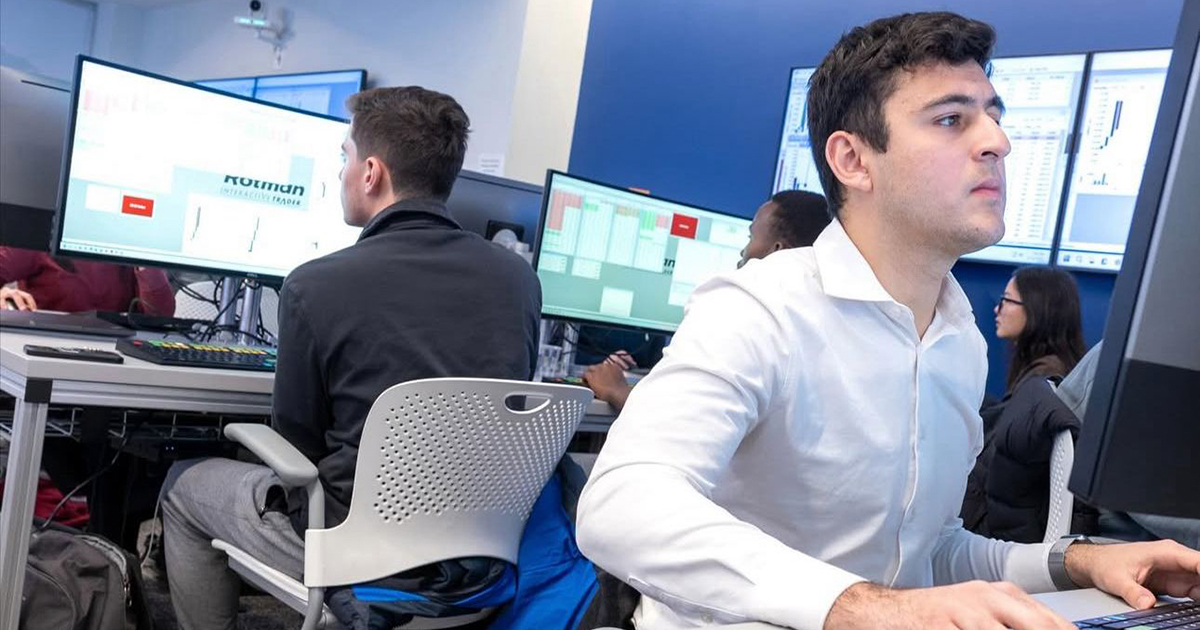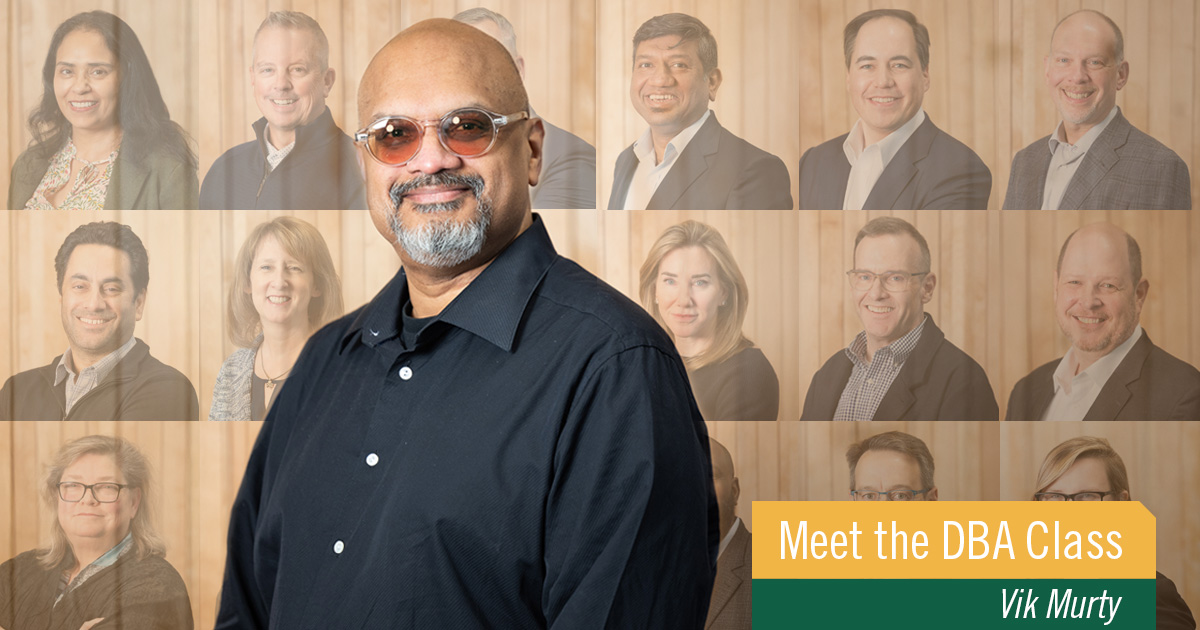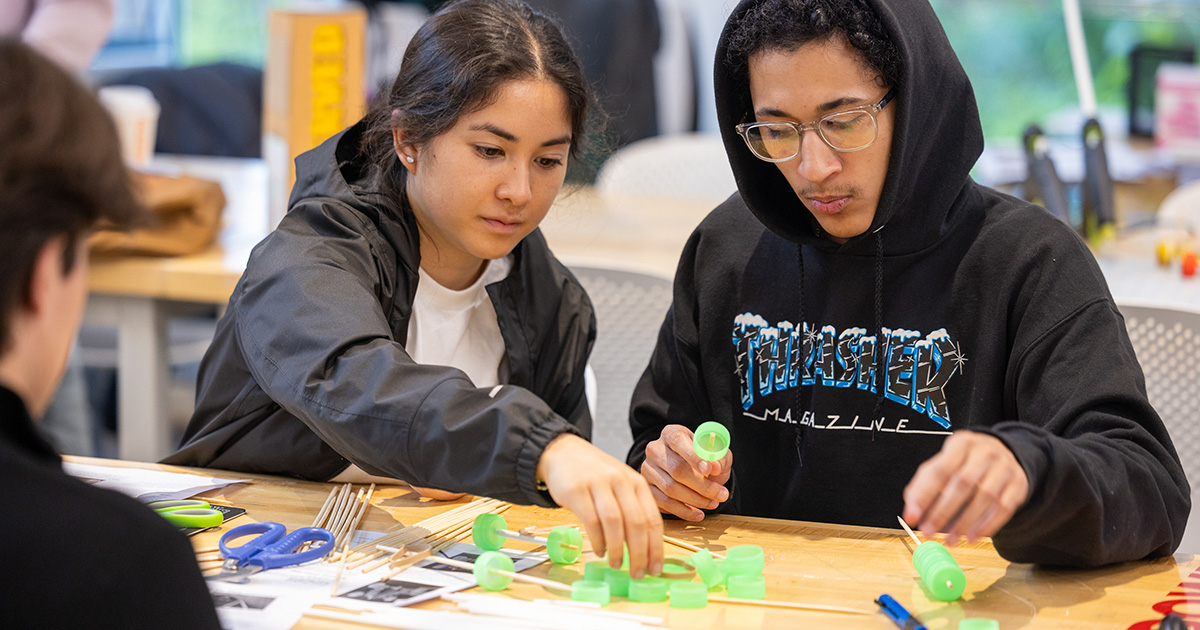3 Lessons from Distinguished Entrepreneurs

What can we learn from the world’s most accomplished entrepreneurs?
The Academy of Distinguished Entrepreneurs® at Babson College is the world’s first entrepreneurship hall of fame, filled with accomplished business leaders—from Arthur Blank to Diane Von Fürstenberg to C. Dean Metropoulos—who represent companies that are some of the most highly regarded in their industry. Since its inception in 1978, the academy has inducted more than 100 world-class entrepreneurs who have created great economic and social value, creating millions of jobs and improving societies around the world.
From the accomplishments and stories of these distinguished entrepreneurs come valuable lessons in business, teamwork, and making an impact on the world. Here’s what we learned from some of the academy’s recent inductees.
Lesson 1: There’s No “I” in Entrepreneur
“No entrepreneurial success story is about that entrepreneurial leader—it’s about the entrepreneurial team,” said Stephen Kaufer, co-founder and CEO of TripAdvisor, the world’s largest travel site. Kaufer has been with TripAdvisor for more than 16 years, leading it through pivots, sales, acquisitions and an IPO, to become an industry-leader in a highly competitive and rapidly evolving market.
But, he’s humble about his success, as evidenced in his 2016 Academy induction, when he attributed much of TripAdvisor’s achievements to the backbone of the company: its people. “It’s the qualities of the team that you’re building that will make your company a success.”
During her 2011 academy induction, clothing designer and fashion entrepreneur Eileen Fisher emphasized the importance of team and culture. “Our company is a huge collective,” she said. “We have incredibly creative, talented people working together in a noncompetitive, collaborative, and amazing way. All of us can be leaders.”
Entrepreneurs would do well to surround themselves with capable, driven, and motivated talent, says Doug Rauch, past president of Trader Joe’s, founder of Daily Table, and CEO of Conscious Capitalism. “Rope is cheaper than rocket fuel,” he said. “You’d much rather have people you have to hold back than people you have to light a fire under.”
Lesson 2: Business Is a Force for Change
In the spirit of Conscious Capitalism, Rauch also emphasized the importance of rooting your business in mission. “It’s got to be about why you exist, not just about making money. … All of us need to aim a little higher, and go for that magnificent purpose.”
Sheila Lirio Marcelo, founder, chairwoman and CEO of Care.com, revealed her purpose during her academy induction in 2016, encouraging fellow entrepreneurs and business leaders to be agents for systemic change.
“As I think about my role as a leader, I’ve come to a conclusion that it has to be bigger than my company,” she said. Igniting systemic change, she continued, is about more than corporate social responsibility or community service. “As I evolve in my role, I’m learning that a systemic changer moves beyond what they do with their company. They figure out how to leverage the assets within their company to inspire change.”
Marcelo lends her voice, expertise, and company “to show how fundamentally important care is to families, our economy, and society as a whole, and to do all we can to amplify the changes families face, while advocating for systemic change in the ways we think about and value care.”
For Fisher, the passion and the purpose for her business starts with her products. “My favorite thing is when women come up to me and say, ‘Your clothes changed my life,’” she said. “Just by designing what I love, doing the thing I’m passionate about, I can make a difference for people.”
Lesson 3: Embrace Failure
Yes, even the most distinguished, accomplished entrepreneurs have experienced failure. But, they do more than fail—they embrace the failure, and use it to become better. Take it from Kaufer, who had to pivot TripAdvisor early on when the market shifted and the company lost money: “It’s not personal if I lose, if I fail. I’m going to get back up and move forward.”
The key is in reframing that failure into opportunity. “As entrepreneurs, we don’t see obstacles, we see challenges. We don’t see failure, we see opportunities to test and iterate, to fail and get back up again,” said Marcelo. “We don’t see success as the final destination. It’s just one stop on a long, amazing journey.”



